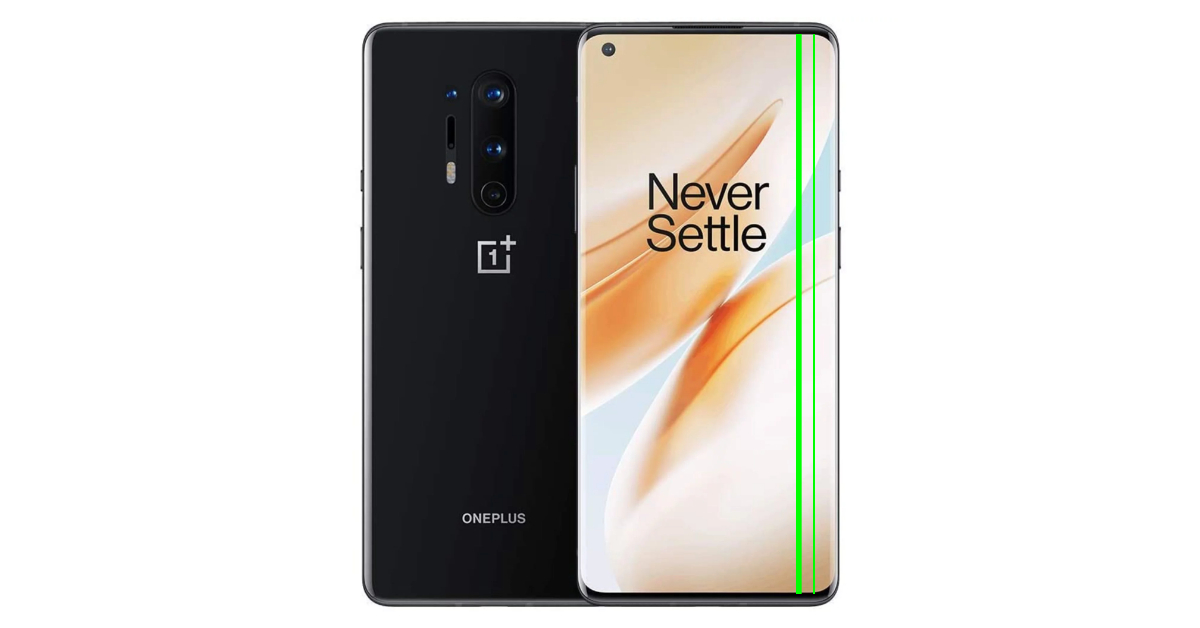Now Reading: Maintaining Good Eye Health During Monsoon: Essential Nutrients You Need
-
01
Maintaining Good Eye Health During Monsoon: Essential Nutrients You Need
Maintaining Good Eye Health During Monsoon: Essential Nutrients You Need


During the monsoon season, eye health becomes crucial, and a diet rich in essential nutrients can play a vital role in preventing eye-related problems. Ensuring an adequate intake of vitamins A, E, and C can help lower the risk of eye issues.
Conjunctivitis, an inflammation or infection of the thin, transparent tissue covering the white area of the eye and inside the eyelids, requires specific guidelines to prevent further discomfort or spreading of the illness.
To maintain healthy eyes, some nutrients are particularly important, offering protection against UV rays and age-related degenerative disorders.

Here are five essential nutrients for eye health during the monsoon:
- Vitamin A: A deficiency in vitamin A can lead to various eye problems, including night blindness and dry eyes. Foods like liver, egg yolks, and dairy products are excellent sources of this vital nutrient.
- Omega-3: Crucial for eye health, long-chain omega-3 fatty acids, especially EPA and DHA, are found in high levels in the retina, supporting their function. Oily fish is an excellent source of EPA and DHA.
- Vitamin C: Consuming enough vitamin C, an antioxidant, can help prevent cataract development and is essential for overall eye health. Fruits and vegetables like bell peppers, citrus fruits, guavas, kale, and broccoli are rich sources of vitamin C.
- Vitamin E: Acting as a fat-soluble antioxidant, vitamin E protects fatty acids from oxidation. Good sources of vitamin E include plant oils such as flaxseed oil, sunflower seeds, and almonds.
- Zinc: Zinc plays a role in producing visual pigments in the retina, and a deficiency can lead to night blindness. Foods like oysters, beef, pumpkin seeds, and peanuts naturally contain zinc.
With increased eye flu during monsoons,
proper hygiene precautions and following these dietary recommendations can help reduce the risk of viral eye infections and support overall eye health.
Also read: Shanaya Kapoor Joins Puma India as Their Latest Brand Ambassador








